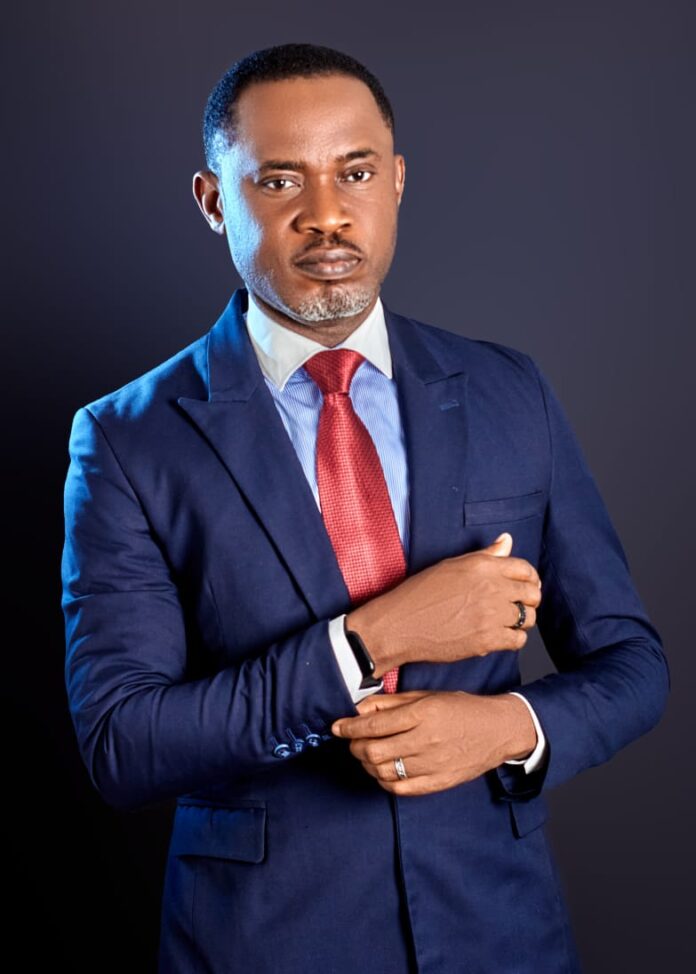Journalism is changing, and not always for the better. What used to be a profession grounded in curiosity, fairness, and respect is slowly turning into a stage for confrontation and spectacle. These days, it’s common to hear journalists from most television programmes bark, “You have to answer my question!” or “I put it to you!” during interviews. Once meant to press for clarity, these phrases now sound more like weapons than tools.
This new style; what many call populist journalism thrives on drama. It’s built to please audiences who crave emotion, tension, and quick sound bites. The journalist becomes the performer, the guest the opponent, and the interview a public contest. It may get clicks and attention, but it often leaves truth somewhere in the background.
Populist journalism claims to speak for the people, yet it risks losing the very thing that once gave journalism its moral weight — professionalism. It’s one thing to demand answers; it’s another to corner, embarrass or shout your guest or {interviewee} down in the name of accountability. True professionalism understands that firmness doesn’t have to mean hostility. You can dig for the truth without digging into someone’s dignity.
There’s nothing wrong with tough questions. In fact, they are essential. But they should be asked with respect, balance, and a sense of purpose, not simply to create a viral moment. Journalism should help the public understand, not just entertain them for a few seconds online.
At its best, journalism sheds light. It challenges power, yes, but it also builds trust. The loudest voice in the room isn’t always the wisest, and sometimes, the calmest question reveals the deepest truth. Populist journalism may win attention today but professional journalism earns respect that lasts.
Ezenwa Opara- a Media and Public Relations Strategist Writes from Lagos, Nigeria














